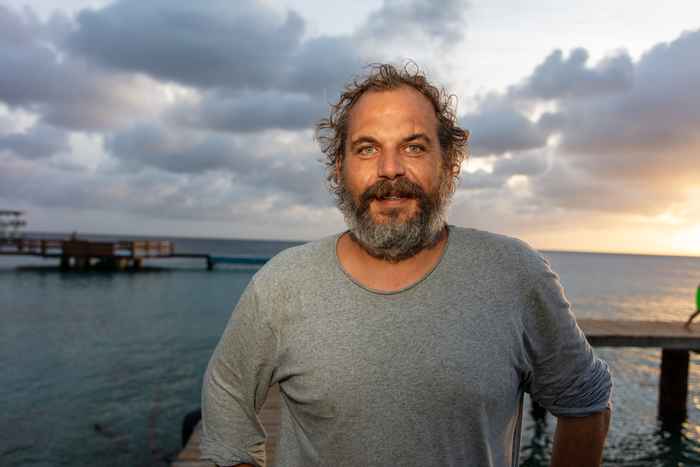Can functioning reefs in unexpected locations guide coral ecology and conservation?
Biology
- Date
- 10 November 2022
- Time
- 16:30
- Location
- Aula - Lutherse kerk

Coral reef ecology and conservation often focus on measuring patterns (e.g., species’ abundance) and changes therein through time (e.g., declines). Because the underlying processes shaping these patterns are often not well studied, management recommendations remain often unspecific, explains Mark Vermeij. Instead, the diversity and species composition of historic or little-impacted reefs is used as a reference for ‘pristine’ reef communities and reef management is expected to strive toward returning impacted reefs back toward these baselines. In many locations, however, there is little chance of ‘re-wilding’ reefs to historic conditions due to the ongoing needs and impacts of human populations (i.e., fishing, shoreline use, climate shifts).
However, there are also many reefs around the world that outperform expectations given the environments they are in, and a growing body of evidence shows that corals, and other reef organisms, can be more resilient and flexible than traditionally assumed. Such examples include reefs surviving near heavy human development, juvenile corals repopulating degraded urban reefs and lab-raised coral juveniles jumpstarting next generations by unexpected rapid growth and prolific reproduction. Little effort is directed to investigating these outperforming reefs and the processes driving their growth and persistence.
While the global degree of coral decline is certainly worrisome, studying exceptional and out-performing corals and coral reef sites can change how we talk about reef loss, recovery potential, management options, and the economic value of reefs. It also can inform novel management interventions that are based on the inherent regenerative capacity of present-day reefs rather than through the application of ecological principles typifying reefs from the past, utopian technofixes or doom and gloom messaging.
Prof. M. Vermeij, professor of Tropical Marine Ecology: Can functioning reefs in unexpected locations guide coral ecology and conservation in a period of rapid change?
You can watch this inaugural lecture here.
